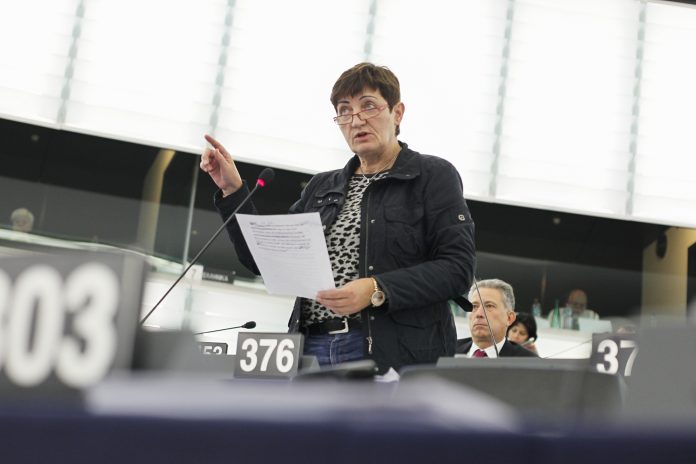The European Parliament on November 16 voted for reforms to the Dublin system that would dramatically improve the experiences of asylum seekers in Europe.
“The text adopted today is the most ambitious parliamentary position ever decided on the sharing of responsibilities among member states for examining asylum applications,” European United Left–Nordic Green Left (GUE/NGL) Shadow Rapporteur, Cornelia Ernst. “We have succeeded in removing the principle whereby the first EU member state that an asylum seeker enters is responsible for processing their application for asylum.”
Up to now, EU member states Greece and Italy faced an overwhelming burden of processing asylum applications.
“Under the changes, following their reception in the first member state where they enter the EU, asylum seekers would be assessed against criteria such as whether they have a family or other connections to an EU member state,” explained Ernst. “Those who meet the criteria would be sent directly to that member state which would be responsible for the asylum process.
“In addition, we were able to remove the remove the obligation proposed by the European Commission to examine whether asylum-seekers can be sent back to a ‘safe third country’ or to a ‘first country of asylum’, even when they had family members in the EU.”
According to Ernst, the changes approved by the European Parliament lay the groundwork for a dignified reception system for asylum seekers between the member states.
“Unfortunately, reaching such a progressive position in the European Parliament is only half the battle. Now the governments of the member states in the Council of the European Union must decide whether we can finally make substantial improvements to the unacceptable status quo for asylum seekers.”
Ernst, however, was quick to stress that the Council has yet to agree on a position and continues to drag its feet – “which cannot be tolerated,” said Ernst.

